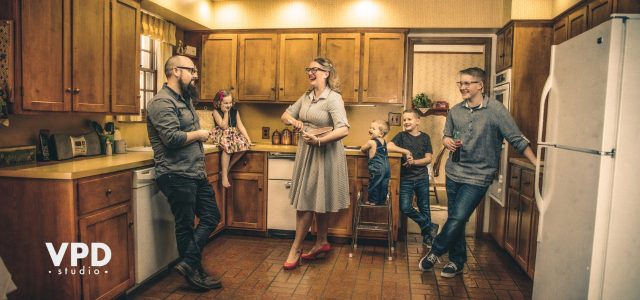
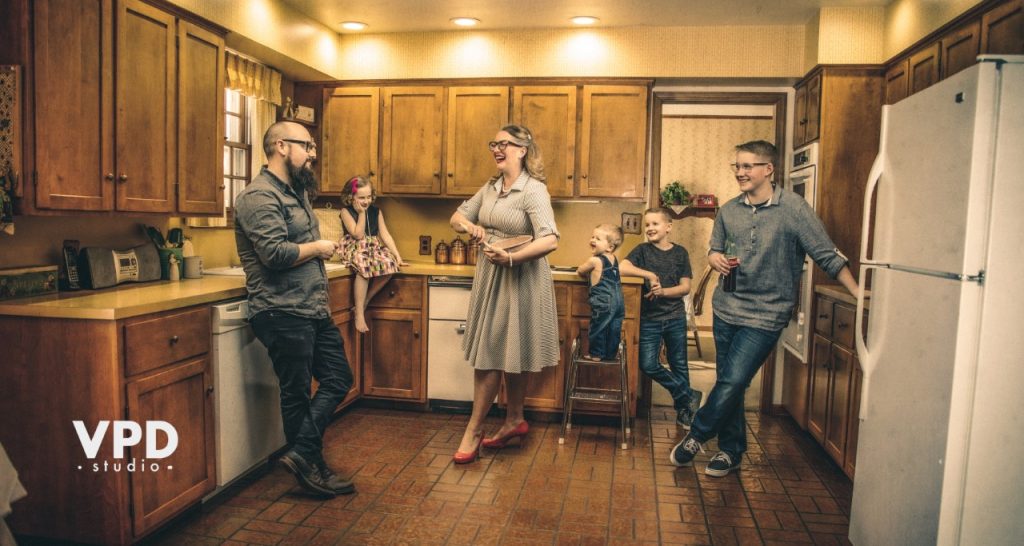
Craig Weinberg is running for a seat on the Milbank City Council in Ward Two in the election on June 7. He sat down with The Valley Express to discuss why he decided to throw his hat in the ring and why he thinks he is the best candidate for the job.
Weinberg believes a church and a small town are a lot alike. “The church community is what I value,” he says. “It’s less about the meeting in the building. It’s more about creating a community of support.”
If you drive around Milbank, you notice flowers blooming, kids riding bikes, and you hear the buzz of a lawnmower. Drive down Main Street and you find buildings that have been restored to their original charm and shopkeepers chatting on the street. Sound idyllic? It is. That’s the Milbank that Weinberg says he wants to preserve and slowly improve.
“Milbank is all about the people,” he says. Of course, there are big buildings and some big businesses, too, but everybody comes together to make this beautiful crazy patchwork quilt. Something of quality that endures. A thing or a place the next generation and the generation after that can be proud of.
“So, It’s really twofold why I decided to run. A lot of it goes back to changing how the people and the city communicate. I’d like to see live streaming of every council meeting and then have each one archived online as an on-demand video. Modernizing their communication practices might be a good way to say it, and it doesn’t mean we throw out the baby with the bath water. We don’t toss out the traditional stuff, but we add in and incorporate modern technology.
One of the reasons I would like to livestream the city council meetings is so people can easily keep up or weigh in on the issues that are important to them. It would also provide transparency between the people who make the decisions and the people who pay the bills. Very few people know what’s going on in city government. As a small government advocate, I don’t want to create any scenario where the city government places itself in a more elite, better than you, boss of you position. That’s what I don’t want to perpetuate. I want that gap to get closed. Everyone has a smartphone in their pocket all day long. Why not capitalize on that to communicate what the city is doing?”
TVE: What is the most important quality a city council member needs to have?
Weinberg: I think it’s the ability to listen. Communication is a two-way street. Good communication is not just speaking. It’s also listening and understanding.
My wife, Sarah, and I just celebrated our 17th wedding anniversary. We have four children and own a business on Main Street, so communication is a vital part of every minute of my day.
TVE: What does Weinberg think the Milbank voters are looking for in the person they choose for this position?
Weinberg: Again, I think above all, the ability to communicate is key. Voters I have spoken with want to hear more than, ‘We’re working on it.’ They want to know their council is truly interested in their needs and concerns.
TVE: Voters are especially concerned with the integrity and character of their elected officials right now. What does this mean to you?
Weinberg: People are looking for honesty, They want someone who has a good reputation and is well thought of in the community. As I said, Sarah and I have been married for 17 years and although I don’t think that’s a prerequisite or a disqualifier or a qualifier, I do think it’s valued. It speaks to a level of commitment.
I also think being involved in a church community is a big deal. Holding a leadership position in that church is also important because the church world tends to hold their leaders accountable and to a higher standard. It’s especially true in the Pentecostal church that I’m involved in. The requirements are pretty demanding for people in any type of leadership role. A lot of that is how you conduct yourself in your home life, in your marriage, and in your business. It’s a moral standard.
For about 15 years Sarah and I have been in business. I think it is a testament to something. It might be luck, but I would like to think it has something to do with hard work and integrity.
TVE: If elected, how do you plan to fit into the team?
Weinberg: Well, I’m on other boards, and initially, I just try to figure out what is going on. And so, I’d be asking questions and really listening. That’s a leadership rule I learned long ago and try to follow. And it’s why communication is so important – especially the listening side of communication. After that, though, I am not one that keeps quiet.
TVE: What do you see as the biggest issue facing the council in the next year?
Weinberg: Well, I think we’re going to see a problem with people’s sentiment. I mean their emotional state of mind due to the increasing cost of everything.
TVE: Have you made decisions for other people or handled a large budget?
Weinberg: Currently I help manage our church budget. In the last three years, we have become absolutely debt-free. This made it possible for us to make some big capital improvements to our property. I also think I understand the importance of being very careful with how money is used and remembering where it came from.
I am the current vice president of the housing board, on my church board, and active on the heart and diabetes board. The heart and diabetes organization is funded by Combined Appeal at $70,000 a year. It’s a fund for people who suffer from diabetes or heart disease and need assistance in paying their pharmacy bills. My role is overseeing – making sure the finances are in order.
TVE: What would you like to see in the next two years that you can look at and say ‘I helped make that happen’?
Weinberg: If the baseball field happens and gets anywhere near what they envision, I think we need to put up a real band shell. Camping at Farley is fine, but the fact that it wraps along the lake and down, probably wasn’t the best choice. It limits what can be done there as a venue.
We consistently put on two, big, outdoor concerts every year – Farley Fest and Lifelight. They’re big shows, and so we need a venue that can accommodate them. If we spend multiple millions of dollars on a baseball stadium, what can we do to make it benefit more people? A band shell has tons of possibilities. We could hold local events there every weekend during the nicer months. The churches could rotate having outdoor services if they wanted to. We could do a Thursday night thing – a bluegrass band that comes in, or just get a group of people in town together. We could start children’s theater during the summer. The list is endless.
Another thing I would like to see happen in the next couple of years would be making people feel more connected to their city government. What if someone moves to Milbank, and the mayor sends them a handwritten letter or they get the letter with their first utility bill saying, ‘Thank you for choosing Milbank.’ What if Milbank became known as the community that really wants you here. We value each person.
That’s why I helped bring about the concept of Why Milbank? I saw value in the people of this community. Their stories needed to be told.
There are six council people and they could go into every business once a month. If not, then, every quarter. And just to say, ‘Hi, what can we do for you? Anything we can help you do?’ John Forman (Milbank City Administrator) could go to every business once or twice a year. (Mayor) Pat Rafferty, too. The chief of police could walk into every business and just for the reason to say,’ Hey, we’re here to help.’ Nothing else.
Once a year, the city could send out a letter from the mayor and the council to everybody in MIlbank that says, ‘You know what? Milbank wouldn’t be the same without you. We are so glad you chose Milbank to live in and to be a part of. Thank you. If there’s anything that we can do for you, let us know.’
That would change everyone’s perspective because right now, any communication from the city is primarily negative. It’s usually when you do something wrong. We change that and we could become the talk of the country! And not because we’re doing something bad or anything crazy.
The police kind of do that. They find kids doing something good and give them ice cream for wearing their bike helmets. That’s cool! On a grander scale, let’s stop people when they’re doing the right thing. How cool would that be? Maybe it’s unrealistic and would take too much time, but let’s at least try to create a culture of change. A fresh perspective.
Another possibility for change I think is liquor licenses.
TVE: Do you think the number should be increased?
Weinberg: Well, I have a problem with them being limited. Now, I don’t advocate drunkenness. But, at the same time, it’s a great revenue generator. And if that’s how the city does business, why would you limit your revenue?
One of the guys I’ve talked to about it said that malt liquor sales – essentially malt beer – should be available in cases at the gas stations in Milbank. Maybe nothing else and maybe you can’t go there and buy a single. I’m okay with that. But his claim to me was there’s a ton of business leaving town or driving through town.
He said the fishing crowd that drives through Milbank from Minnesota, might not stop here because they know they know they can’t buy beer to fill their cooler. But, they also don’t want to stop twice, so they don’t stop here for gas either. They go to Waubay or somewhere because you can buy beer at the gas station.
When we remove the barrier, all that does is open the door. It just makes it easier to do business in town. And I think the relationship between city government and the people in the city should be mutually beneficial.
TVE: What skill or talent will you bring to the table that others don’t have? Why does the council need it?
Weinberg: I don’t believe it’s healthy to be just a rubber stamp. My normal position is: here’s the problem I see. I tend to see how it’s not going to work first, and then I come around to: and here’s how it could work.
I typically pick something apart, you know, not to prove that it’s horrible, but to poke at it and see if it’s strong. Because if it’s strong enough to withstand my beating, there’s a good chance it’s going to work. Not because I’m the best, but I like to play chess. I don’t know if I’m a long game player, but It’s possible that I’m kind of a long game thinker.





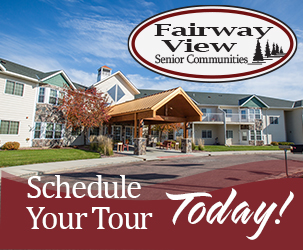
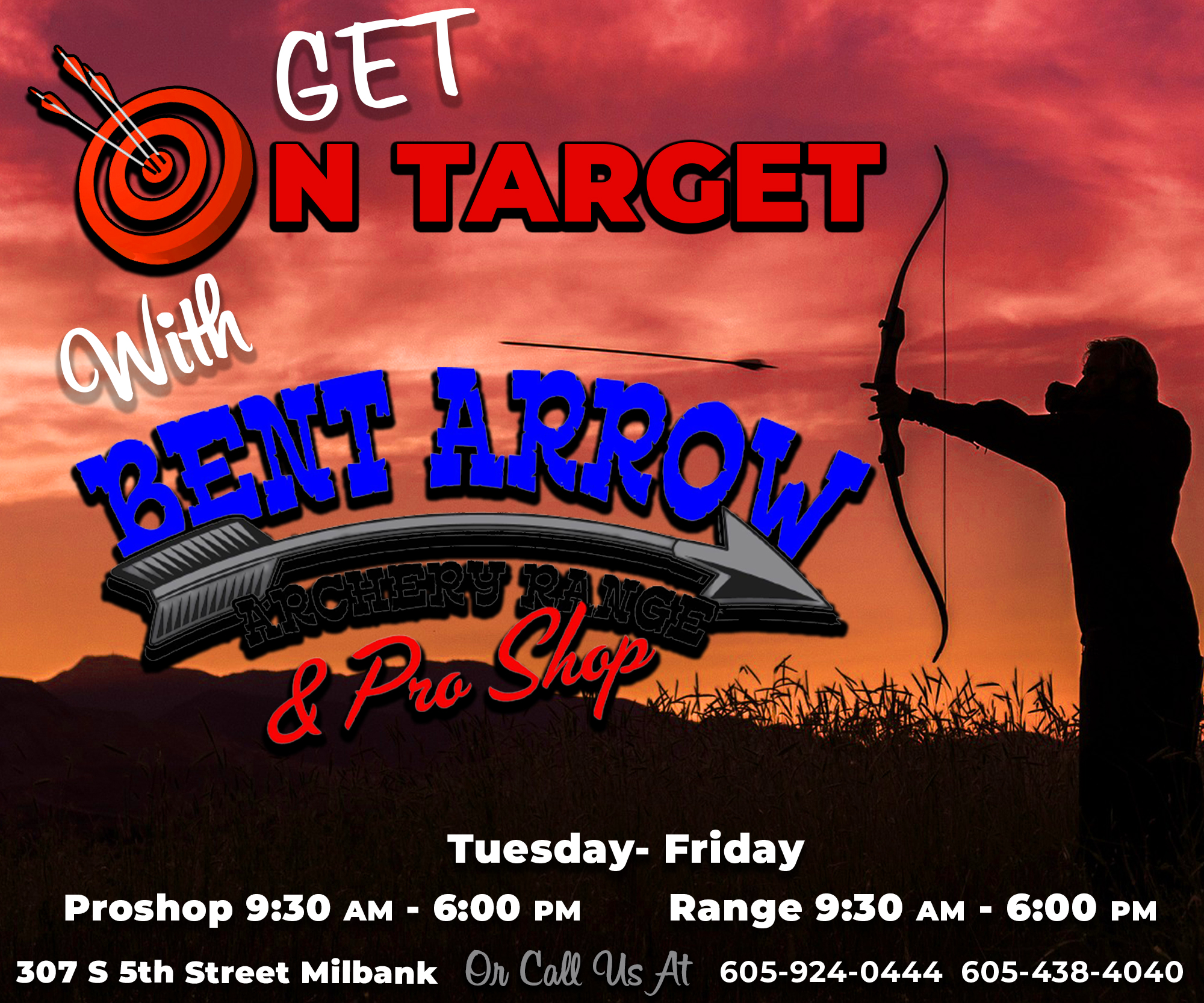


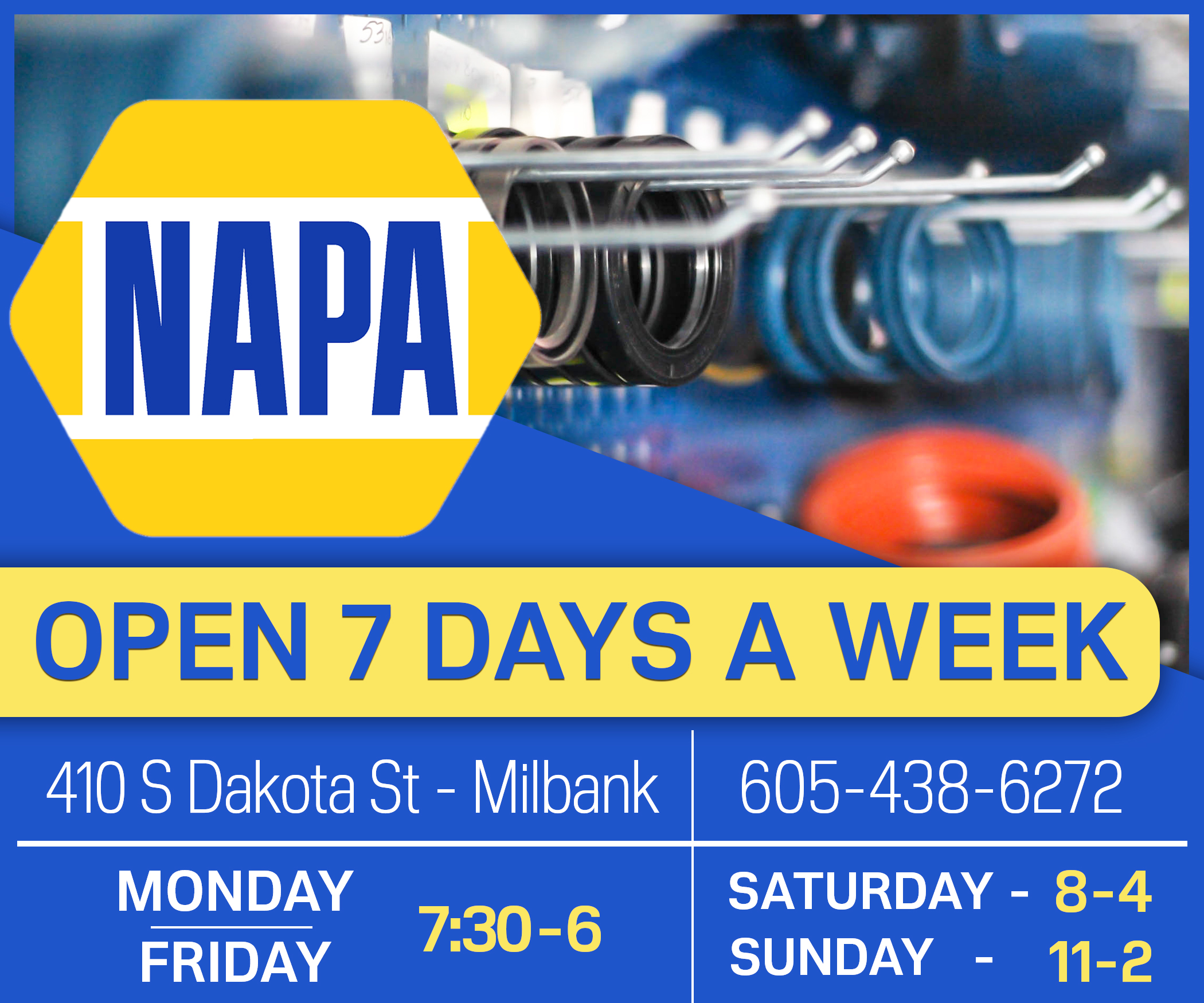

No comments so far.
Be first to leave comment below.